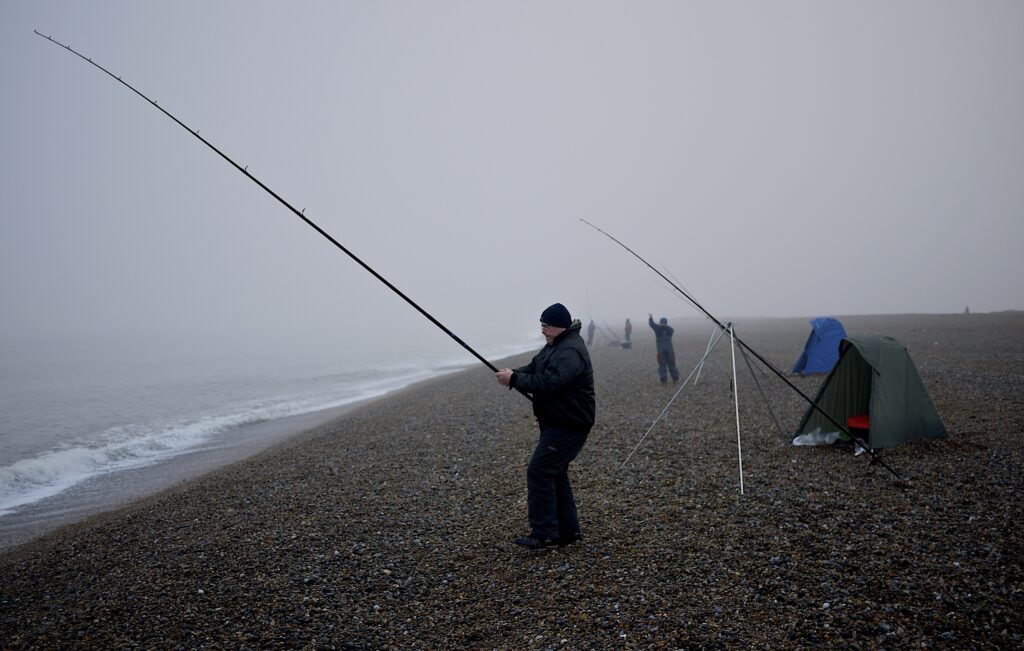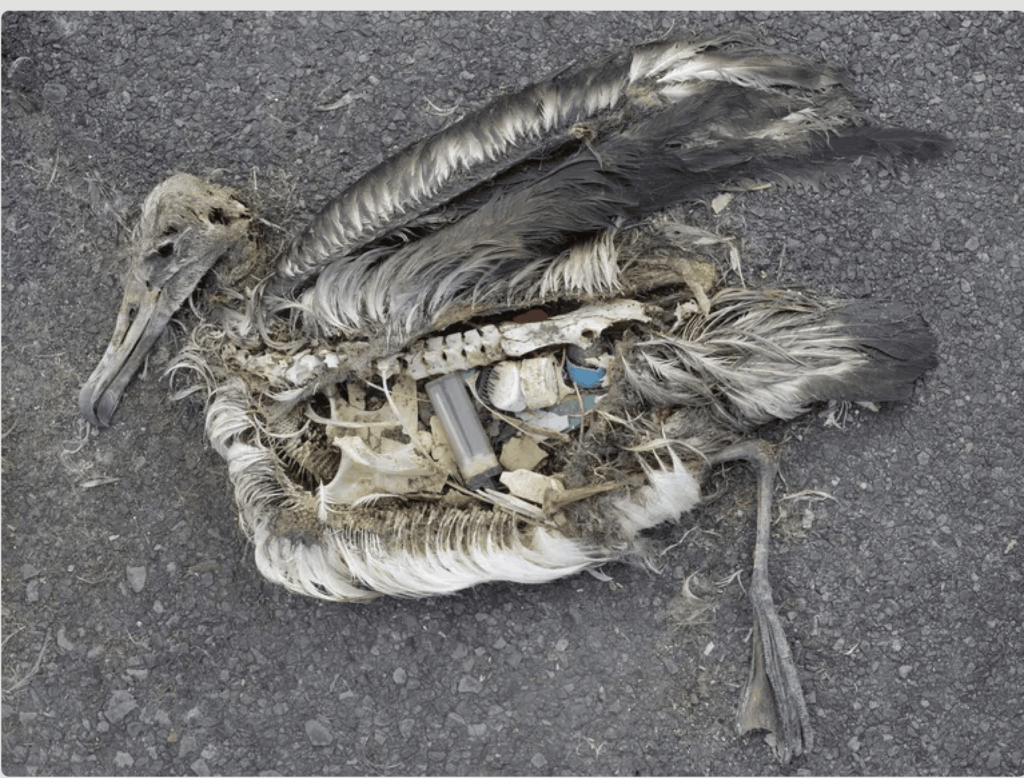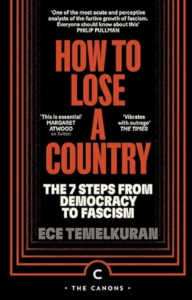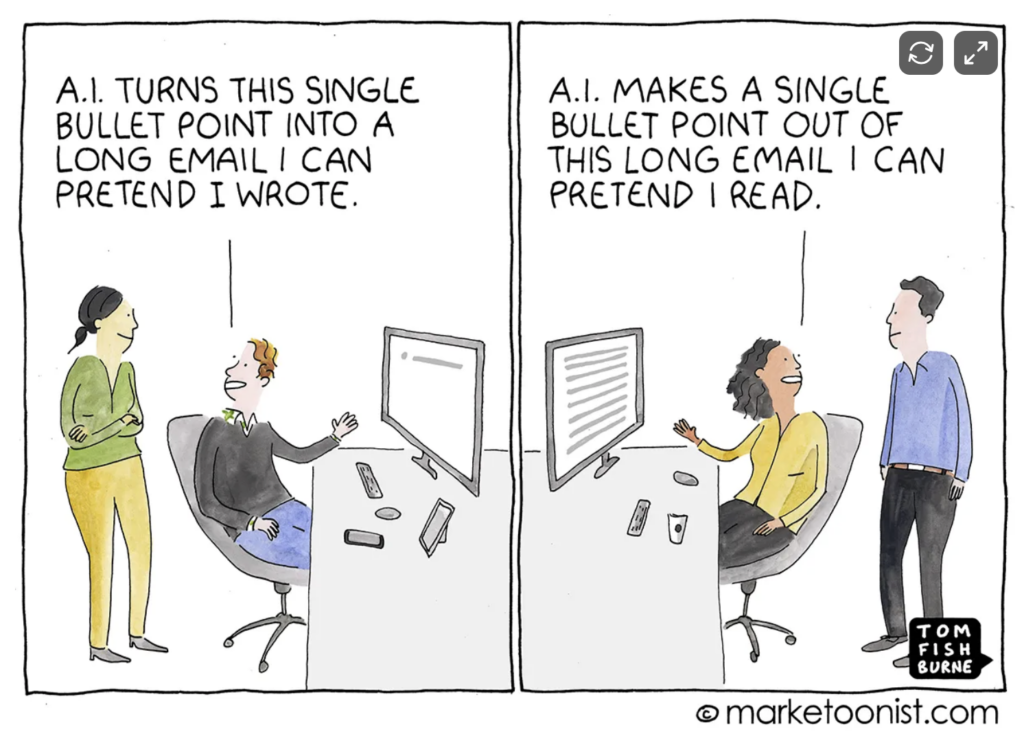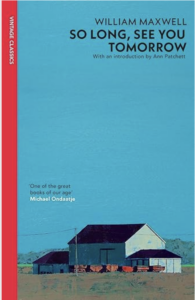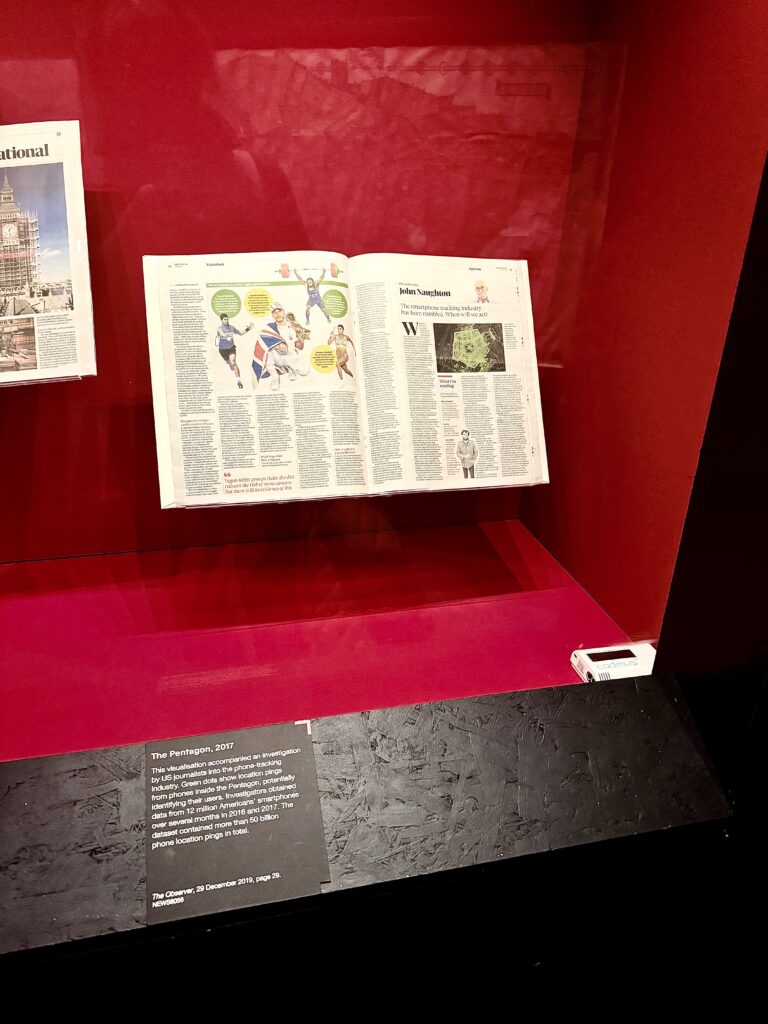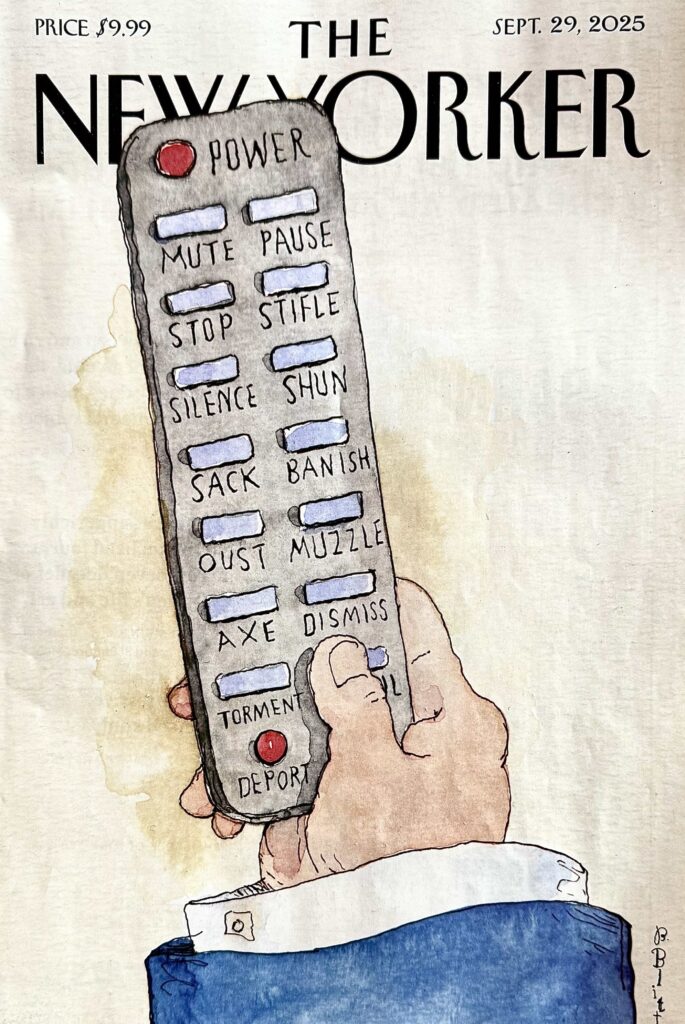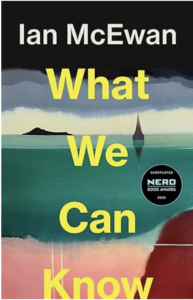Oh yeah?

Seen in Cork City sometime after the Irish banking crash.
Quote of the Day
”There are only two businesses that call their clients users—drug dealers and Internet businesses. The East India Company is a role model for both.”
- Ted Gioia
Musical alternative to the morning’s radio news
Emmylou Harris & Alison Krauss | “All I Have to Do Is Dream”
Their joint tribute to the Everly Brothers, who were a big deal for kids who grew up in the 1950s.
Thanks to John Darch for the link.
Long Read of the Day
My Third Winter of War
This is a memorable dispatch from Kyiv by Kateryna Kibarova, a Ukrainian economist and resident of Bucha. It conveys something of what Ukrainian civilians are living through.
We have special Telegram groups, “Ukrainian Power Grids,” with subgroups for each region. You receive an updated list and a schedule. In the evening when I go to bed, I check the schedule to understand what time I need to get up to get ready for work. You adjust your schedule if, for example, there will be no power from 6am to 11am. I’ll get up at 4am to get ready for work, dry my hair. But these schedules are often unpredictable, and I have to go to work with a wet head.
A difficult stage has begun, because it is winter and there is very little gas and electricity. The state can’t cope. This year, they didn’t even start the heating season on time. Usually the radiators in apartment buildings begin to warm up when the temperature drops below 59 degrees. The first sectors to be launched are kindergartens, hospitals, schools. We had a very cold summer and the fall was also very cold. By mid-October, the heating season would normally have been launched. It’s one thing when you walk along the street if the sun is shining on a 45-degree day. When you sit in an apartment, you just freeze…
And, of course,
scammers are also very busy here. They steal money from card accounts overnight. I fell for a scam, so I decided to save money and travel on public transport. One day an air alert began and all transport stopped. When this happens you cannot move anywhere, you are simply dropped off, stand in huge lines, and you don’t know what to do. I just started crying. People are frozen in horror. You don’t know if a rocket is coming, you have nowhere to hide, there is no bomb shelter anywhere nearby. It’s cold outside, and you are trying to somehow think about what to do next and how to save yourself.
In a way, it’s WW2 redux, with Trump and Putin playing games.
Books, etc.
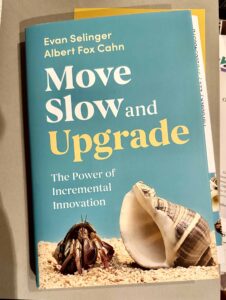
This arrived today. It’s a neat riposte to Zuckerberg’s fatuous mantra to “Move Fast and Break Things”.
Comes out in the UK on March 5. I’m hoping to go to the launch on February 5.
My commonplace booklet
Nick Carr on datification of the body
A few months ago, as part of my annual physical exam, I had blood drawn for a routine panel of tests. Late the next day, my phone vibrated to let me know the results were available through my doctor’s “patient portal” app. I signed in (entering a six-digit code to authenticate myself), clicked on the Results tab, and was greeted by a long list of numbers. There must have been two dozen of them, each a measure of some important metabolic function, each occupying a point within a range of points. Blood, that most vital and visceral of substances, had been turned into an array of data on a computer screen. Blood had been rendered bloodless. Maybe I was in a morbid mood—medical tests will do that to you—but as I scrolled through the numbers, I couldn’t help feeling I was looking at a metaphor for something larger, something central to the human condition today. What is datafication but a process for transforming the living into the dead?
From All the Little Data .
This Blog is also available as an email three days a week. If you think that might suit you better, why not subscribe? One email on Mondays, Wednesdays and Fridays delivered to your inbox at 5am UK time. It’s free, and you can always unsubscribe if you conclude your inbox is full enough already!


